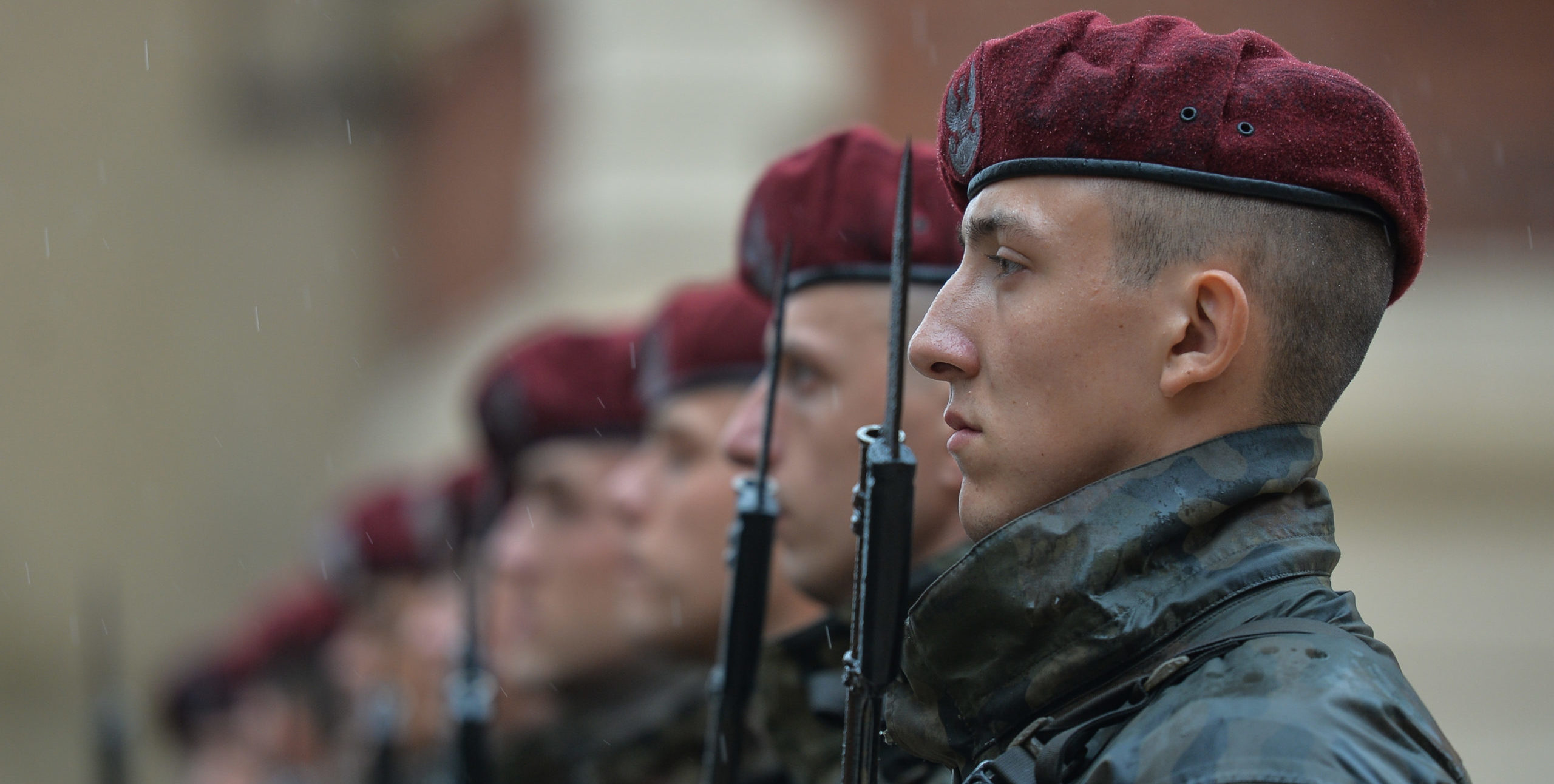For most of its history, Poland has found itself along the boundaries of what we think of as Europe. Today it once again finds itself on Europe’s eastern border, a bulwark of the institutionalised West in the form of Nato and the European Union in the face of a revanchist Russia. For decades the country has warned its allies of the danger posed by Russia. For decades its worries fell on deaf ears.
Now it seems its allies have finally come around, but Poland is leaving nothing to chance. On March 18th, it passed the “Homeland Defence Act.” It will raise Polish military spending to at least 3% of GDP next year, while doubling the size of the army to 300,000 soldiers.
Quite remarkably for the bitterly divided country, it was passed unanimously in both the lower and upper houses of Parliament. Its purpose is unambiguous: to build up a Polish army that can deter further Russian aggression in eastern Europe and, if need be, defend the country from a conventional land invasion by Russia.
Long before this year’s invasion, Poland has been taking its defence seriously. Last year it purchased hundreds of millions of dollars’ worth of Turkish drones (the first Nato country to do so), acquired advanced American Abrams tanks (specifically designed to counter Russian armour), and began building comprehensive air defence systems. These are just a few examples of how Poland has been revamping its military over the past decade in response to Russia’s acts of aggression.
It also re-founded its own Territorial Defence Forces in 2017 in reaction to the first Russian invasion of Ukraine in 2014. The importance of Ukraine’s Territorial Defence Forces in the country’s defence seems to vindicate Poland’s decision to revive the force that was disbanded in 2008 as part of the Polish military’s modernisation program. Since the invasion, the number of Poles applying to join it has increased seven-fold. Even gun ranges have seen a boom in business.
Poland is militarising fast. Millions of Ukrainians fleeing their country have impressed upon Poles a strong feeling that they may be next. State and society are both preparing accordingly. Poland is much smaller than Russia, but it is also much richer than Ukraine, and has much more powerful allies.
Singular among them is the United States, making it unsurprising that Poland is the most pro-American country in the EU. Nonetheless, Poland is relying neither on Nato’s Article 5 nor on its alliance with the US as the sole guarantor of its security. It is instead building up a military equipped and trained to repulse a Russian invasion like the one we are watching in Ukraine today.
A little over one hundred years ago, a beleaguered Polish army defeated Trotsky’s Red Army in a series of battles that came to be known as the miracle on the Vistula. The battle saved Polish statehood and halted the westward march of the Soviets.
Poland is preparing to do it again, if need be, but this time it would rather not rely on miracles. While Russia is unlikely to test NATO’s commitment to the Baltic states or Poland in the near future, Poland is doing all it can to ensure that if it ever does, its struggles in Ukraine will pale in comparison to the defence that would be mounted by a well-trained, well-equipped, and no less motivated Polish military. Europe can sleep easy knowing that Poland is taking the security of its eastern flank seriously.











Join the discussion
Join like minded readers that support our journalism by becoming a paid subscriber
To join the discussion in the comments, become a paid subscriber.
Join like minded readers that support our journalism, read unlimited articles and enjoy other subscriber-only benefits.
Subscribe